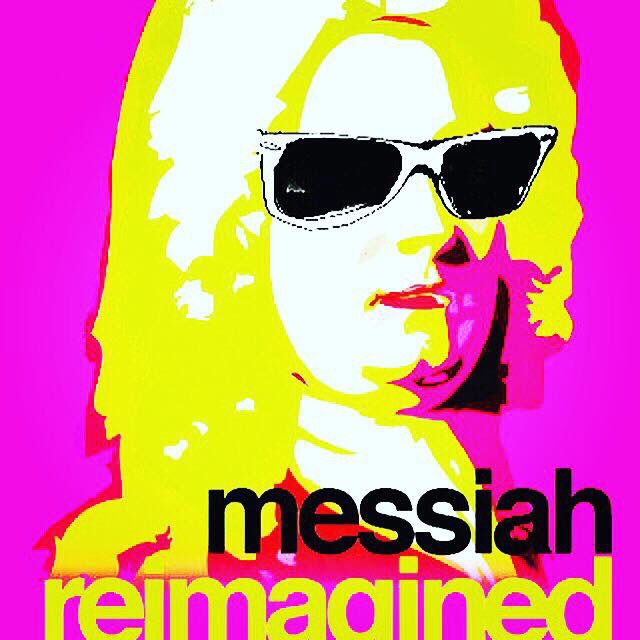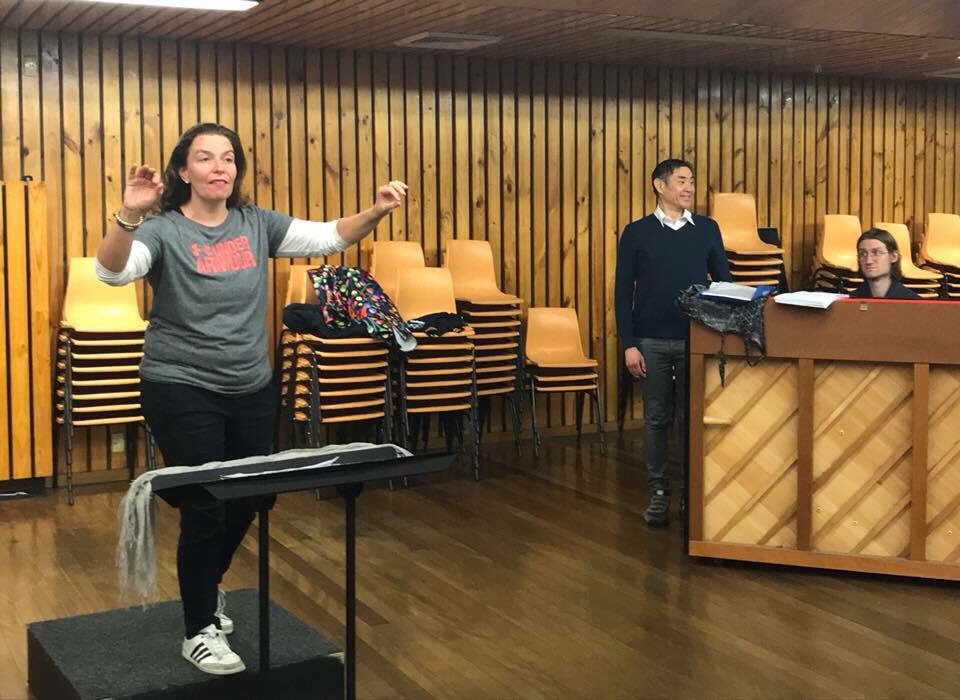

I’m so thrilled to be working with the fantastic Leichhardt Espresso Chorus for the first time. It’s a community choir that spends much of its resources commissioning new music – a staggering 200 works since 1998, in fact.
This being its 20th anniversary, it is celebrating by re-commissioning many composers from its past two decades for this new project, a reconceptualization of Messiah for modern times. I’m honoured to be the only new composer in this mix.
The concert is on Sunday, 10 June 2018, at Marrickville Townhall. Tickets available here.
The inspiring Michelle Leonard, artistic director, has charged me with the first three pieces. Michelle asked the composers to “rethink, reframe, respond and reimagine each part of the piece”. This is what I’ve done, and why.
In the angel Gabriel’s first vision to Muhammad, the prophet is instructed to read, because God teaches by the pen. The revelations eventually become the Qur’an. This is the beginning of Islam. I am a lover of books and writing, and such a tale is exhilarating to me: that revelation is literary. It’s a wondrous story I’ve known my entire life, because I was born in a Muslim country and lived there my first twelve years. To have words where there were no words before – this is the perfect allegory for the transformation of the instrumental Overture of Messiah into a ‘Sinfony for Voices’.
The so-called Abrahamic religions have more in common than they don’t. Christians don’t generally know, for instance, that Muslims regard Isaiah as a prophet, the same Isaiah whose words are in Messiah’s Comfort Ye, My People. The irony of our global conflict on religious lines is that it is between people who share so much.
Another Abrahamic religion with truly beautiful writing is the Latter Day Saint movement. Regardless of their faith, well-read people everywhere regard the Bible as great literature, and so too it is with other books of faith, including the Qur’an and Mormon scriptures that I have allowed to be my inspiration for new texts alongside the original King James Bible in Messiah. My guiding principle is to not alter any of Handel and Jennens, but to increase depth by layering.
Out of the deepest respect for Muslims and Mormons, of course I do not quote their scriptures, but I fashion mine after their inspiration to convey their joyous meaning.
As I have usurped Handel’s original overture, I duly replace it with a cascading Tucket for 4 choirlofted soprano saxophones and timpani. Tucket is an Elizabethan word for fanfare.
Then let the trumpets sound
The tucket sonance and the note to mount.
— Henry V, act 4 scene 2.

